Description
如今半個世紀過去,家務勞動已經伴隨著全球化的浪潮迅速商品化。發展中國家和地區向發達國家和地區,輸出了大量的以婦女為主的勞動力從事再生產勞動。家務勞動以商品化的方式實現了「有償」。
而當一個全職的家庭主婦已經變成了中上階層的特權,絕大多數婦女需要外出打工,面臨工作與家務勞動的雙重負擔。同時,在中國從事照顧性勞動的婦女群體也發生了變化。很大一部分再生產/照顧性勞動轉嫁到了退休老人、留守老人的身上。人口老齡化的背景下,母職變得愈發神聖化、崇高化。二胎開放後,職業婦女被期待生育更多的孩子。撫育下一代勞動力的代價依然要求這些婦女一並承擔。
「家務勞動有償化」這個曾經廣泛地動員了歐美婦女的號召,似乎不再能讓今天的中國婦女感同身受。但是在這場運動中發揮中心作用的馬克思主義女權分析並沒有過時。只要關於男女的性別勞動分工還沒有打破,只要社會再生產的代價依然由個人家庭以及家庭中的婦女(無論是老一輩婦女,還是雇來的家政工)承擔,家務勞動依然會是當代女權運動需要面對的重要維度。(吳碧蓮)
In line with the wave of globalisation in the last half-century, housework has already become commodified. The development of Chinese regions and households are relative to that of developed nations, where enormous quantities of the female labour force are output as reproductive labour. Commodification has become household labour’s form of ‘wage’.
Along with the transition to middle and upper-class, the majority of full-time housewives leave their homes to join the workforce only faced with the double responsibility of both wage work and household labour. At the same time, in China this has sparked a shift in the social group engaged in care labour. Much reproductive and care-based labour is now undertaken by grandparents and retired seniors. Under the climate of an aging population, mothering has become an ever more admirable position. After the dissolution of the one-child policy, working women are expected to have more children, pressuring females to continue nurturing the next generation of productive workers.
Though the Wages for Housework campaign once mobilised European and American women, it seems that it may no longer spark the sympathies of today’s Chinese women. The Marxist feminist analysis at the core of the movement is however still very much valid. As long as gender-based divisions of labour are still in play and as long as reproductive labour in society is still primarily taken up in the home by women (whether mothers, senior women or hired domestic labourers), the question of household labour will continue to be a crucial issue for the contemporary feminist movement. (WU Bilian)
English version of this influential pamphlet can be downloaded for free at libcom.org.
– – – – – – – – – –
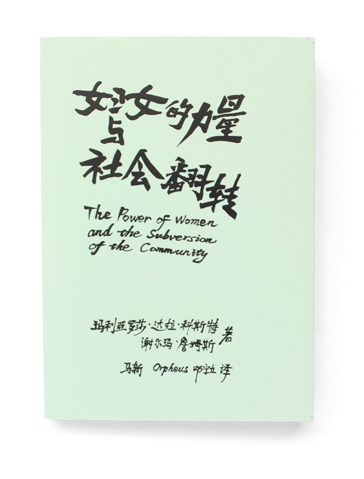
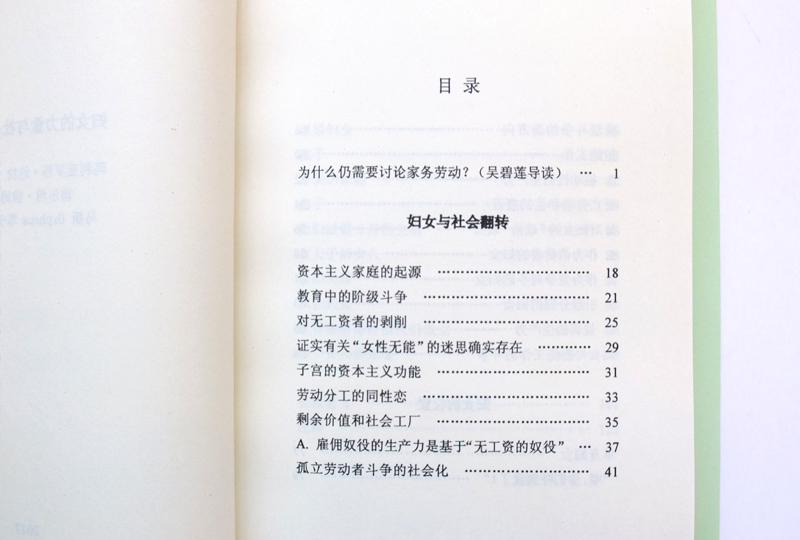
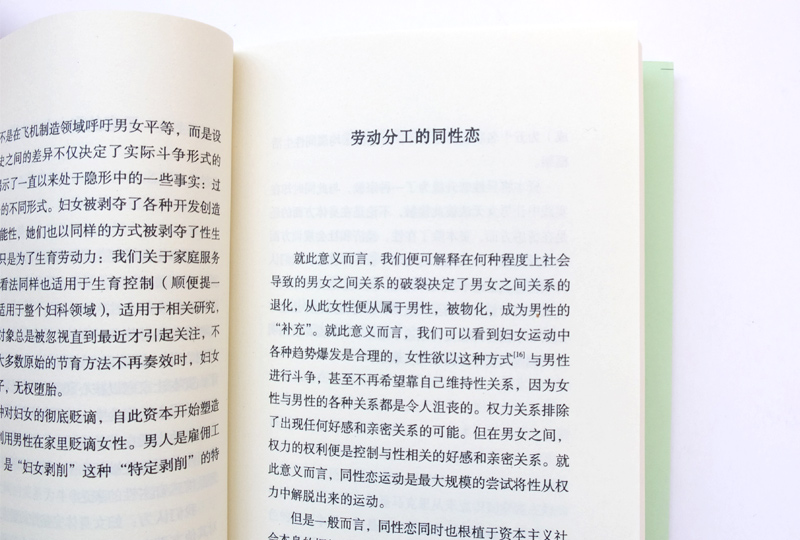
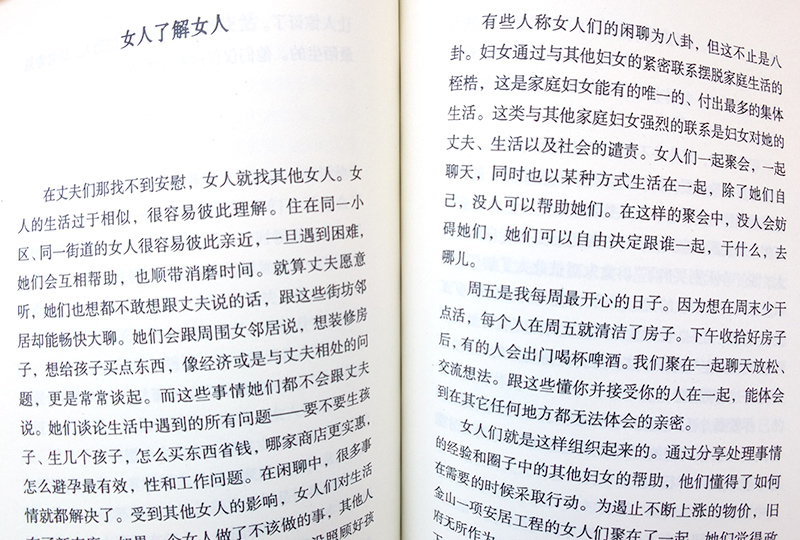




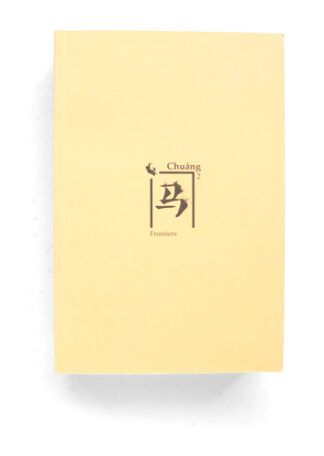

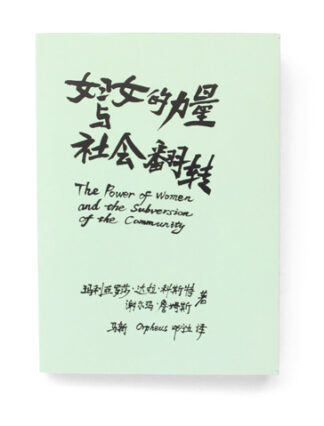
Reviews
There are no reviews yet.